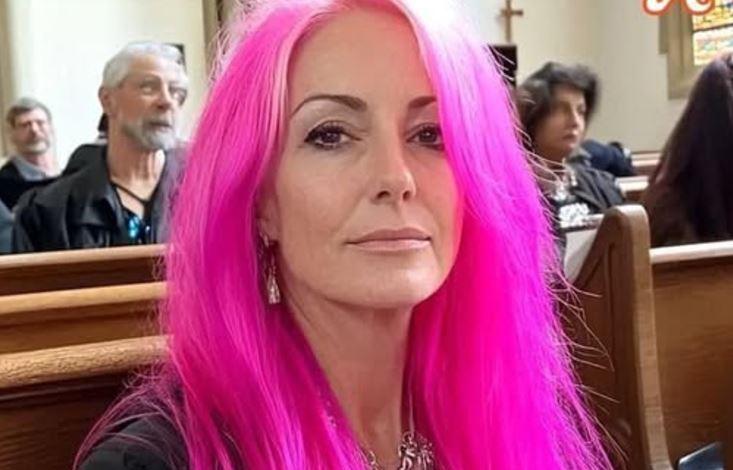Renowned theoretical physicist Stephen Hawking left an indelible mark on the scientific community, but his thoughts on God and the afterlife sparked intense curiosity and debate. Through various interviews and writings, Hawking shared his perspectives on the existence of a higher power and the possibility of an afterlife.
Hawking’s stance on God was unequivocal – he saw no empirical evidence to support the idea. “Before we understand science, it’s natural to believe that God created the universe,” he said, “but science now provides a more plausible explanation.” Hawking’s atheism was rooted in his belief that scientific laws could explain the universe, rendering divine intervention unnecessary.

His views on religion were equally straightforward. Hawking saw all faiths as founded on faith rather than fact, with no concrete evidence to support their claims. In his book “The Grand Design,” co-authored with Leonard Mlodinow, Hawking proposed that the universe’s origins could be explained by physics, not divine creation.
“The universe can and will create itself from nothing,” he wrote, citing the principles of gravity and spontaneous creation. This scientific perspective extended to his thoughts on the afterlife, which he deemed “wishful thinking” lacking concrete evidence.
In “Brief Answers to the Big Questions,” Hawking reiterated, “No one created the universe or controlled our destiny.” He dismissed the idea of Heaven or an afterlife, citing the contradiction with scientific knowledge.
While Hawking’s views were unapologetic, he respected others’ beliefs. “We are all free to believe whatever we want,” he said, emphasizing the simplicity of his own explanation: “there is no God.”
Hawking’s experiences as a mathematician and cosmologist shaped his perspectives on God and religion. Though his ideas diverged from the mainstream, his groundbreaking contributions to science will endure.
Stephen Hawking’s legacy continues to inspire and challenge people to think critically about the universe and our place within it. His unflinching examination of the divine and the afterlife has left a lasting impact on the intersection of science and faith.


